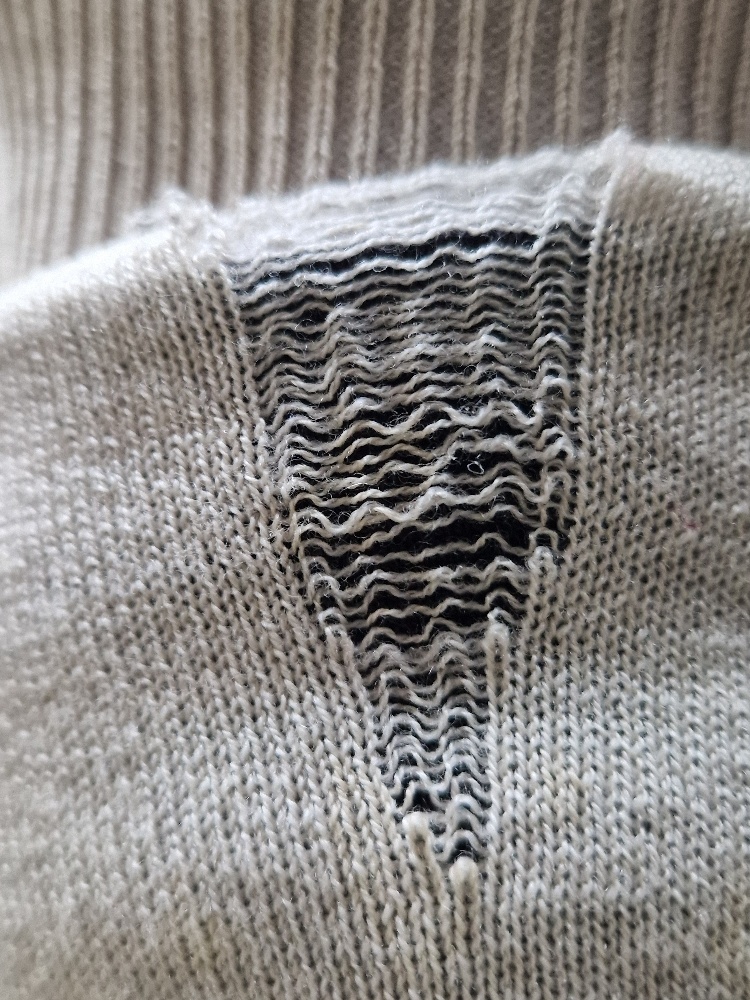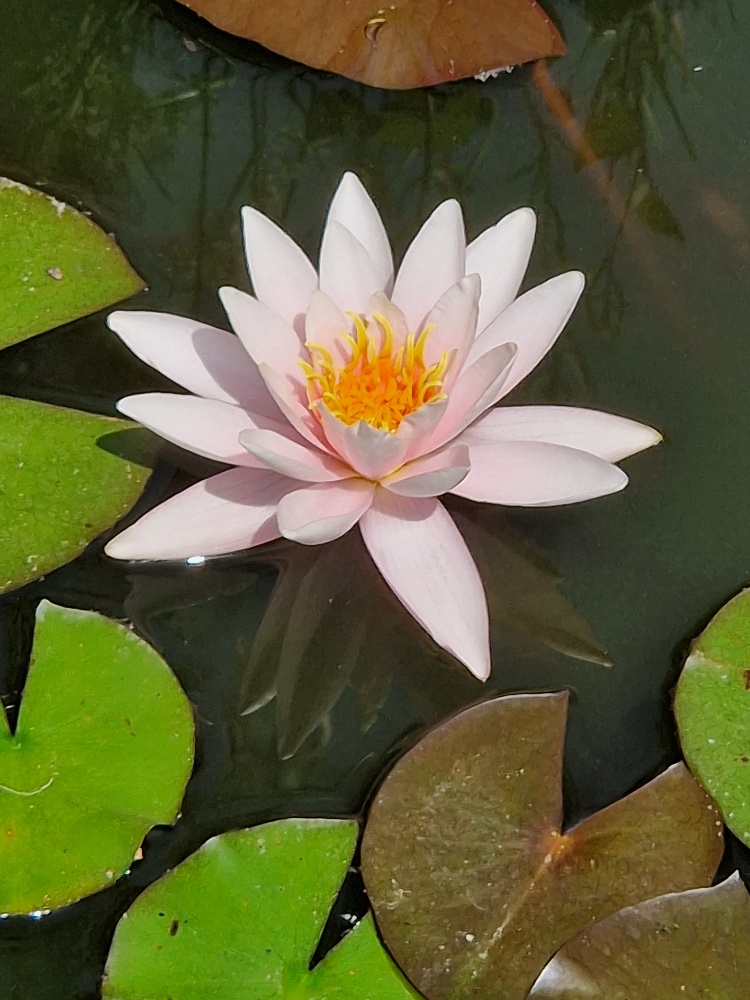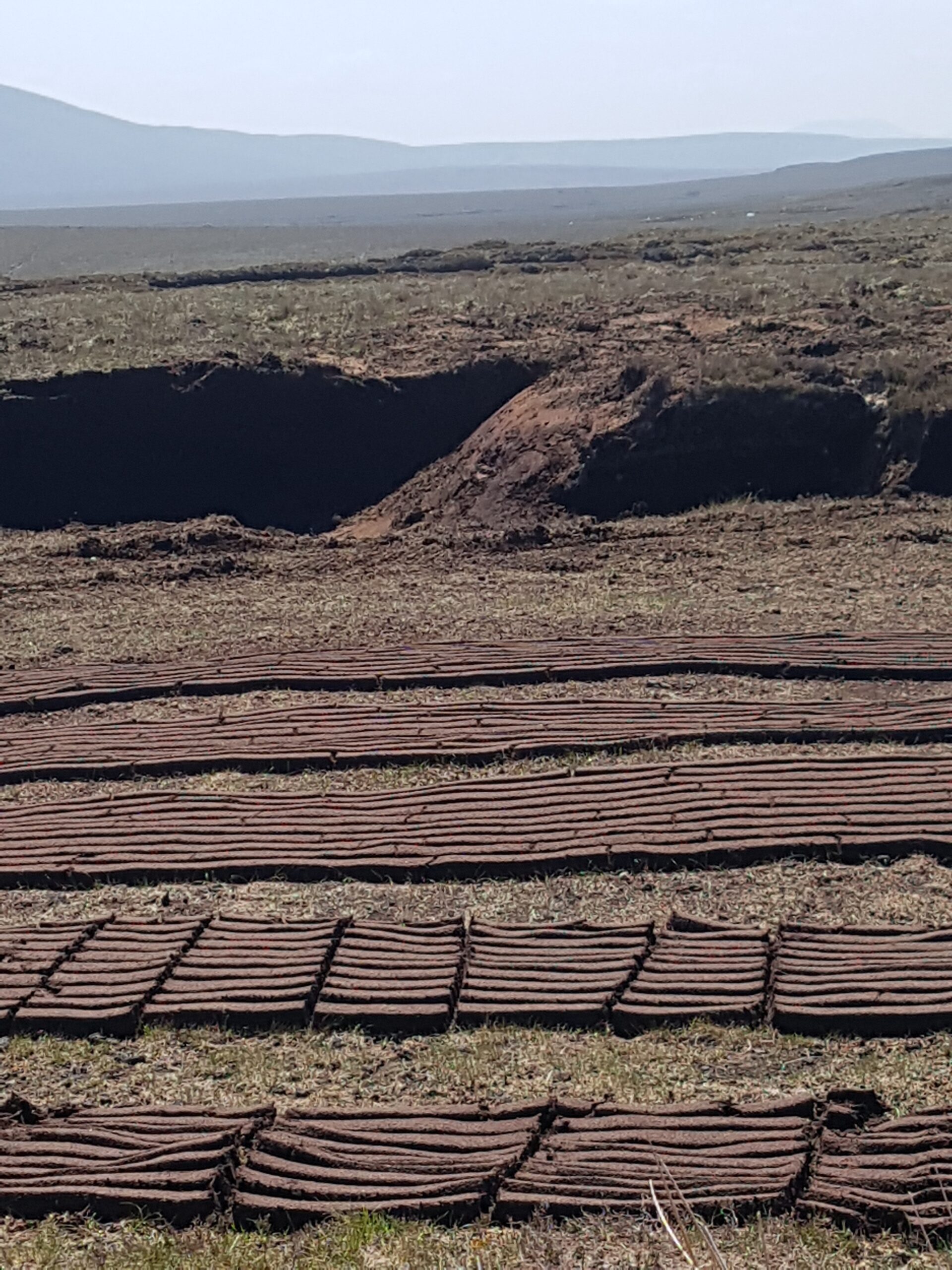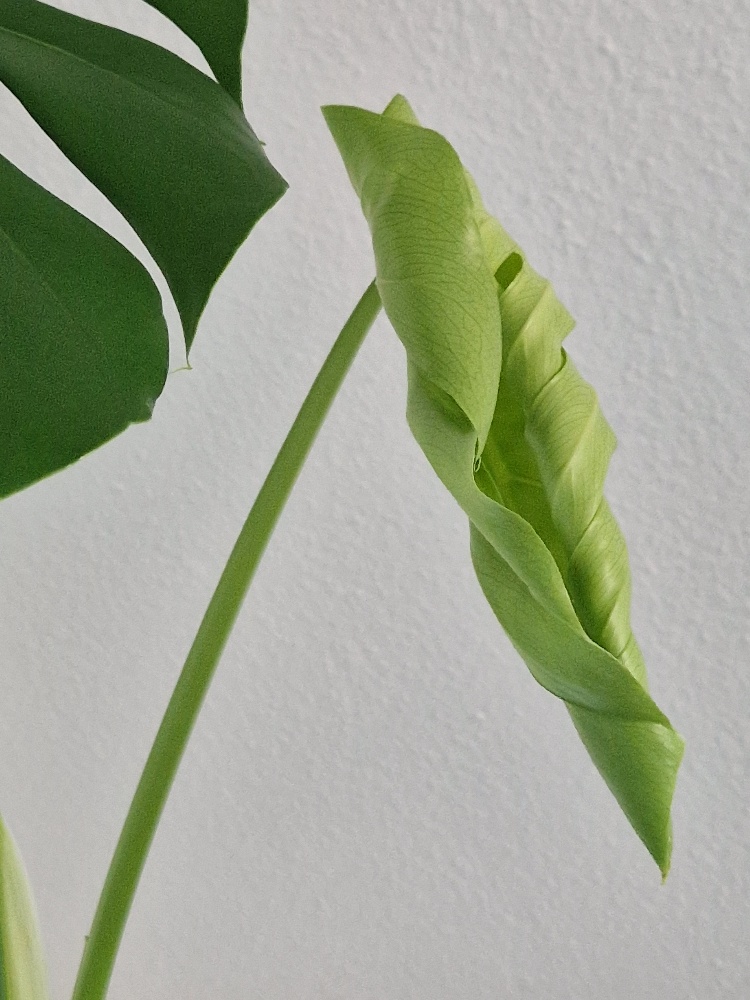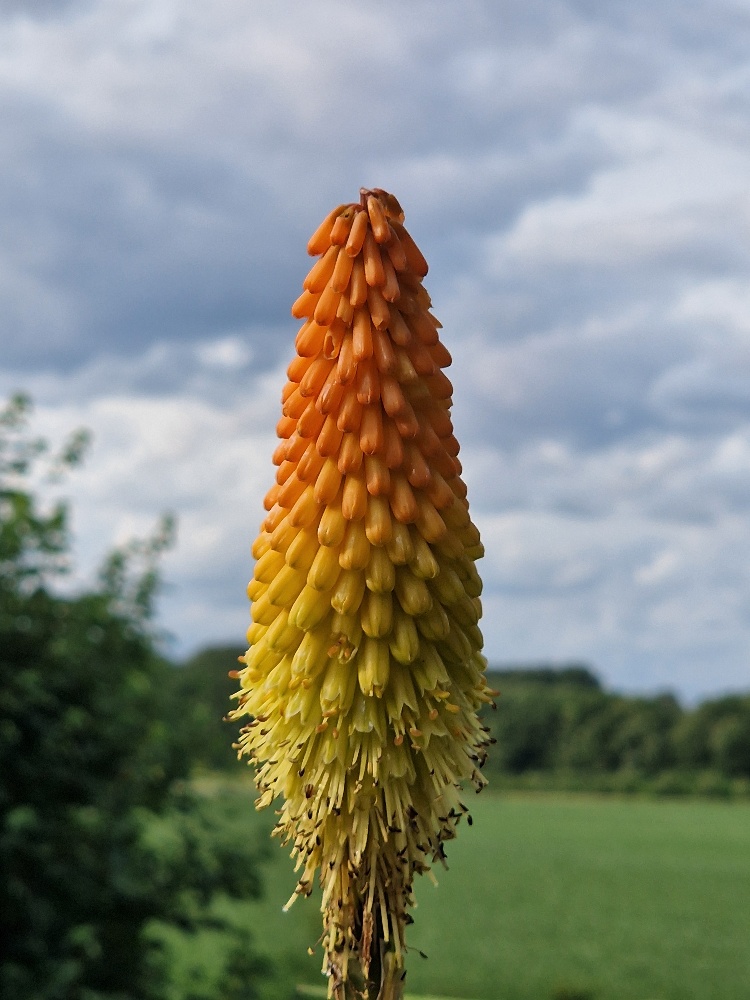‘Tis a fearful thing
To love what death can touch.
…
For your life has lived in me,
Your laugh once lifted me,
Your word was gift to me,
To remember this brings painful joy.‘Tis a human thing, love,
A holy thing, to love
What death has touched.
Yehuda Halevi (1075 – 1141)
Grief and love are sisters, woven together from the beginning. Their kinship reminds us that there is no love that does not contain loss and no loss that is not a reminder of the love we carry for what we once held close.
Francis Weller
AC: I’m amazed that I’m 57 years old and, you know, from the outside I guess relatively high functioning and yet as soon as I think about my dad, my voice cracks. It stuns me that that happens now. Like I feel like, shouldn’t I be over this?
FW: To the boy, to your heart, to your soul, that time doesn’t matter at all. It’s grief that hasn’t really fully been honoured. There’s a request from soul, from grief, that says we must honour these losses. If we don’t, they really become like a sediment that weighs us down.
AC: I put it in a box, and I thought I’d sort of dealt with it, and live my life, and suddenly now I feel like it is banging on the door.
FW: Is this a problem?
AC: I mean it’s nice in some ways cause I’m feeling, because I’ve deadened myself for decades.
FW: Yes, yes. I mean you’ve lived strategically. How do I avoid those depths? But at some point, the strategies fail and then something more genuine is asked to be encountered, so when this touches you… Like I say, is this a problem? Or is this actually a deepening of you? Drawing you into the depths of where your father still lives? Where your brother still lives? They still are there, and when we honour them, we are deepened, we are ripened.
…
AC: … you say those words and the idea of, they ring very true to me, that idea that, deep inside me, my dad is still alive, and my brother still alive…
FW: And it’s the grief that is the knit between the two of you. So, when we refuse to feel the grief, in the sense we’re pushing that relationship far away. You know, people say I get to keep the love of those who have died. Well, the only way you get to keep that is by honouring the rites of grief. The rites of love involve grief.
AC: Shouldn’t I be over this? Shouldn’t I have evolved to a place where I can sort of think fondly of the memories I have without it, you know, bringing tears to my eyes?
FW: I think those tears are holy. And they speak to how much you loved your father and your brother and your mother. Those tears are the current expression of that relationship. I wrote that grief is one of the most powerful solvents. It can soften the hardest places in us and can loosen and open our hearts again. That’s what I see happening to you…
Anderson Cooper & Francis Weller
`All There Is´ Podcast
As in Anderson Cooper’s case, my father died while I was still a child. The loss was so unbearable, that `I put it in a box´ and sought to move on in life, aspiring to become a highly functioning individual, determined to become someone in the world, though I felt completely empty.
My grief was compounded by subsequent further devastating losses, including the sudden, unexplained end of my first deep romantic relationship, the untimely death of my mother (five years after my father’s), emigration (loss of homeland), and gradual descent into substance addiction (loss of self).
Now, decades after the passing of my beloved parents, one in October, the other in November, and six years after the passing of my eldest brother, at the mid point between those anniversaries, the topic of grief has knocked on my door again. Under these circumstances, the inspiring conversation cited above in Anderson Cooper’s podcast appeared on my radar.
In his inspiring book `The Wild Edge of Sorrow´, Francis Weller explores Five Gates of Grief. These can be seen as the portals which help us identify, embrace, and befriend grief’s various manifestations as we begin to work through the associated memories, emotions, and feelings.
In recent years, as a by-product of recovering from substance addiction, I have begun the gradual process of becoming fluent in the language and customs of grief, embracing grief as a catalyst for growth and healing, rather than fearing it as an existential threat, as I did as a child.
My first discovery was that grief is more a state of being than an action to be carried out. It simply involves allowing repressed feeling to percolate up to the surface and sitting with them, without analysis or judgement, until, after some time, the emerged energy dissipates. Repetitions usually beckon. With each wave, the emotional thrust weakens in strength, as when the tide is going out.
The success of this process requires an awareness on the part of my adult self, who comforts the Inner Child and prevents him from panicking or generating further fear-based emotions, since he is still stuck in the conviction that the vacuating emotions are dangerous, perhaps even impossible to handle. In this gentle interaction, an important shift occurs. We have the feelings without the feelings having us.
The Gates of Grief are offered as a topology to better recognise and understand different patterns of loss which, when transmuted, bring us more vitality and a stronger sense of belonging.
1. All that We Love We will Lose
Everything is a gift, and nothing lasts. When we lose a person, we dearly love, the pain can be so excruciating, it is unbearable. This is true of anything we may cherish, such as a relationship, family life, good health, a rewarding occupation, even our youth and vitality.
Evolution is that part of our intelligence which is concerned with our survival. It has thus equipped us with the capacity, when necessary (especially in early childhood), to amputate this pain and supress it at such depths that, for the moment at least, it cannot be felt.
The approach proves to be a temporary masking rather than a real solution, however, because the buried wounds had had no time to heal. They continue to fester on the ocean floor of our psyche and, at some point, may burst upon the surface, sometimes with cataclysmal effect.
If we can resist the temptation to numb ourselves and begin to learn to heed the inner signals of our psyche, as expressed through the body, we will gain fluency in the language of grieving and gradually begin to re-integrate those fragments we had, with good reason, banished beyond the bounds of our consciousness.
2. The Places that did not Receive Love
As the fifth of ten children, it is not surprising that aspects of my being got overlooked. I grew up feeling starved of attention, acknowledgement, and physical affection from my highly stressed (perhaps overwhelmed) parents, neither of whom was of the touchy-feely type. Early childhood left me feeling confused, angry, needy, and very lonely.
Furthermore, in the Irish Catholic milieu of those times, the `flesh´, i.e. everything that had to do with sexuality and sensual pleasure, was considered depraved. This indoctrination, and the image of the omniscient, punitive God who could and, probably would, send us to hell, amounted to spiritual abuse. It took me a long time to get over this experience, to grieve that abuse, and to embrace the gifts of tenderness, sensuality, healthy sexuality, and a loving image of God.
As an adult I have explored and unravelled many layers of this childhood grief through therapy, and by learning to parent my neglected Inner Child. I developed compassion for my parents who both grew up in even larger families under surely more puritanical circumstances. I suspect that facets of their respective personalities, such as their spontaneity, carefreeness, creativity, and innocence, had been similarly neglected in their early years.
When, as children, we perceive that aspects of our personality or some of our behaviours will lead to rejection, conflict, ridicule or even humiliation, we split them off and bury them out of sight. They cease to be honoured, –to receive love, – not only from our caregivers, but ultimately from ourselves.
3. The Sorrows of the World
This is a big one for me.The German word `Weltschmerz´ (pain of being in the world) captures this phenomenon very well. From a very early age, I could not overlook the sorrows I saw and felt all around me.
These included the inevitable ending of every delightful experience, the heavy weight of my `original sin´, the prospect of everlasting hell, the wars that humans fought openly among each other, the passive-aggressive tinderbox at home, the pettiness and bullying at school, the cruelty to animals, the large-scale degradation of our planet, my own anxieties and fears, and, above all, the absence of a person to whom I felt I could turn to share my grief.
4. What We Expected but did not Receive
I never expected to be expelled from the Garden of Eden. Among my earliest memories is one of lying in my pram in the summer sunshine beside the river, listening to the harmonies of the water crashing over the weir and the Atlantic breeze blowing through the sycamores which lined the bank downstream. This was a great moment of belonging. I thought it would continue forever. Then life caught up with me, bringing with it the Fall from Grace.
There is a sociological component here too. For thousands of years, humankind has evolved in extended families and small village communities, deeply embedded in the rhythm of the seasons, in direct participation with mother nature. Over the last seven generations, that web of community has, for the most part, been lost in what is labelled the `developed world´.
Today’s western capitalist colonialisation has at its centre the illusion of the separation of human beings, from one another and Creation itself. What has emerged is widespread alienation and a preoccupation with self.
The resulting deep sense of longing is not the reflection of a personal failure, but the reflection of a society which has failed to offer us the belonging for which we have been designed.
5. Ancestral Grief
The best man at my parents´ wedding was Uncle Peter, the beloved younger brother of my dad. Daddy and Peter were very close, the tenth and eleventh children in that family, Peter being the youngest. He died suddenly within six weeks of the wedding, at the age of 25.
Although my father never spoke about this, his banished grief was always palpable. I sensed it but, through lack of resources, remained mute. This is just one example of generational grief.
Both of my grandfathers were soldiers who saw active combat. Only God knows what grief they carried from their experiences, which never saw the light of day in our family discourse.
On an even broader scale, the Irish have been at the receiving end of colonial brutality and abuse for centuries. These wounds do not simply disappear. Traditional Irish music gives us a flavour of the ancestral grief of our ancient tribe.
We Irish are not alone in this experience. Global ancestral grief is immense. It carries the burdens of genocide, slavery, and war. It encompasses Auschwitz, Gaza, Standing Rock, and much more. It carries the accumulated suffering of all generation who have gone before us.
6. Further Gates of Grief
To those above, listed by Francis Weller, we could add further Gates of Grief. At least two have presented themselves to me over the past two decades in Twelve Step recovery.
The harm I have caused myself and others, an integral part of the Twelve Step process first articulated by the founding members of AA, in the so-called `Big Book´, first published in 1939.
Inventory, relinquishing self-defeating patterns of thinking, feeling, and behaviour, and making amends are core elements of the Twelve Steps. Compassion for self, others, and circumstances first need to be developed, if these stages are to be successfully traversed.
Developmental Trauma (Complex PTSD), which is explored in depth in the Adult Children of Alcoholics (ACA) Fellowship. This encompasses the violation and injury to which children growing up in dysfunctional families are often exposed. Trauma always carries grief, but not every grief carries trauma.
Much can be grieved after we have emerged from childhood adversity, when we are ready: the circumstances of our upbringing, the missed opportunities for loving care, and the fact that we took our wounding personally, when it was rather a reflection of the struggles our caregivers where having themselves. We thus begin to distinguish between our scars and our essence.
When we learn to grieve, we engage in an ongoing process of distillation, by which we sort through the confusing emotions which formed in childhood. We disentangle shame and grief, which had become intermingled. Relinquishing the shame which had haunted us for so long, we can recognise and go on to cultivate the reality of our perfect essence.
Ultimately, these Gates of Grief lead to the same destination, the communal crucible of the transmutation of sorrows. Which one we enter is not of primary importance. They all belong to the human condition and we each carry some amount of what is to be found at each gate.
It is tempting to dismiss our grief. But it is ours and we must treat it as worthy of attention, whatever form it takes. When we do, we open ourselves to our shared experiences in life. Grief is the common bond of the human condition.
Early in Twelve Step recovery, I was encouraged to look out for what we shared in common rather than what separated us. This was a wise injunction, which I have done my best to follow over the years.
Opening to our sorrow connects us with everyone, everywhere. No gesture of kindness is wasted, no offering of compassion, useless. We can be generously present to every sorrow we encounter and bathe in the balm of being seen and accepted in our own woundedness and healing.
Grieving is sacred work.

